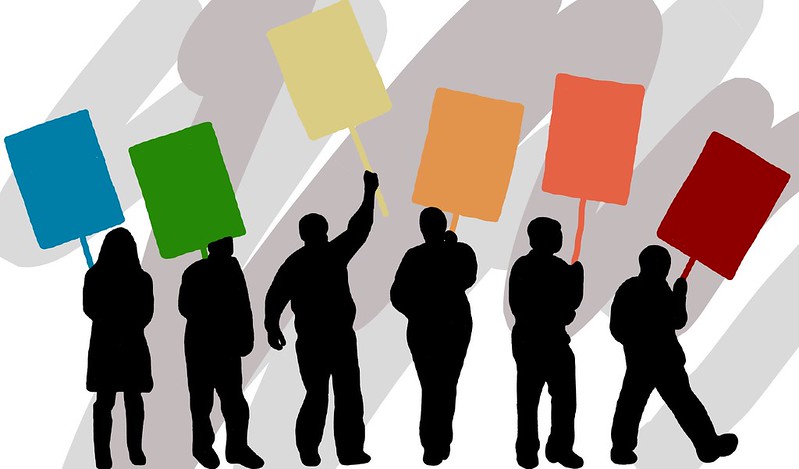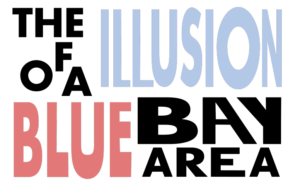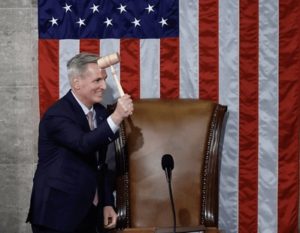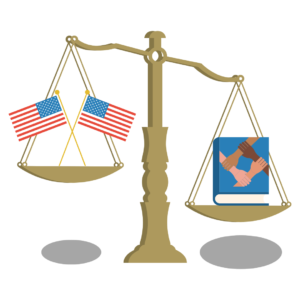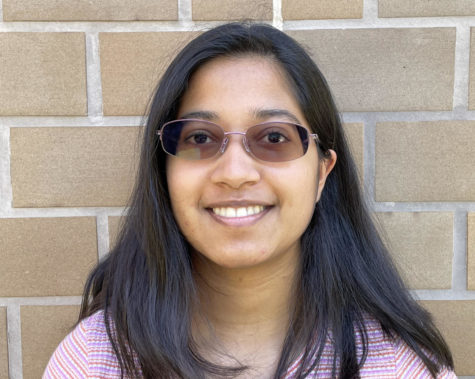They could come for you next.
It is crucial to stand in the face of injustice.
April 23, 2023
June 24, 2022 Roe v. Wade was overturned. Why should you care? Nation-wide limitation for the abortion pill mifepristone is being discussed. Why should you care? Just in 2023, 461 anti-LGBTQ+ bills were created. Why should you care? Marital freedom – for both same-sex and interracial couples – is under fire. Why should you care?
With so many already-disadvantaged communities coming under political fire once again, why should someone who is not being directly affected care?
Because these legislative attacks will not end at merely the affected groups.
The “Somebody’s Else’s Problem” (SEP) cloaking mechanism allows us to forget or avoid other’s problems; it relieves us of the weight of the world. Though what it fails to do is alert us of our own impending doom.
As human rights come undone under the guise of social-betterment for the nth time, the breadth of communities who could get affected next is limitless. By not supporting one harmed community, we open a door for politicians to walk over ourselves too.
In Martin Niemoller’s post-Holocaust confessional prose, “First They Came…,” Niemoller regretfully recounts the consequences of his silence. He explains how he didn’t “speak out” when the Nazis eliminated the socialists because he wasn’t one himself. He repeats this phrase to recount his ignoring of the attacks on Jewish and the trade unionists. Finally, when they came for him and there was “no one left to speak out” for him.
While it is a stretch to compare the present-day United States to Holocaust Germany, this SEP cloaking mechanism could hold similar consequences for many people in the U.S.
For example, a 2022 report, “Women Give 2022: Racial, Justice, Gender, and Generosity,” found that 48.2% of single women were actively involved in racial justice protests during 2020. Black households, single women and the LGBTQ+ community were more likely than cishet men to financially support these protests and donate to politicians who paralleled their views on racial equity.
But now, women and queer people are having their fighting voice cut off from the world. A majority (64.8%) of hate crimes are about race or ethnicity and the legislators continue to attack racial equity by attempting to overturn previously protective acts. So if women and the LGBTQ+ are being politically targeted, who will be left to fight for such causes?
In remaining silent while one group suffers, our own silencing is inevitable. We don’t know what type(s) of beliefs, identities, and lifestyles politicians deem as appropriate. So as other citizens’ freedom to exist is violated, ours could also enter the lane of fire.
So why should you care?
You should care because your community members need you. You should care because politicians see no limit. You should care because you could be next.

